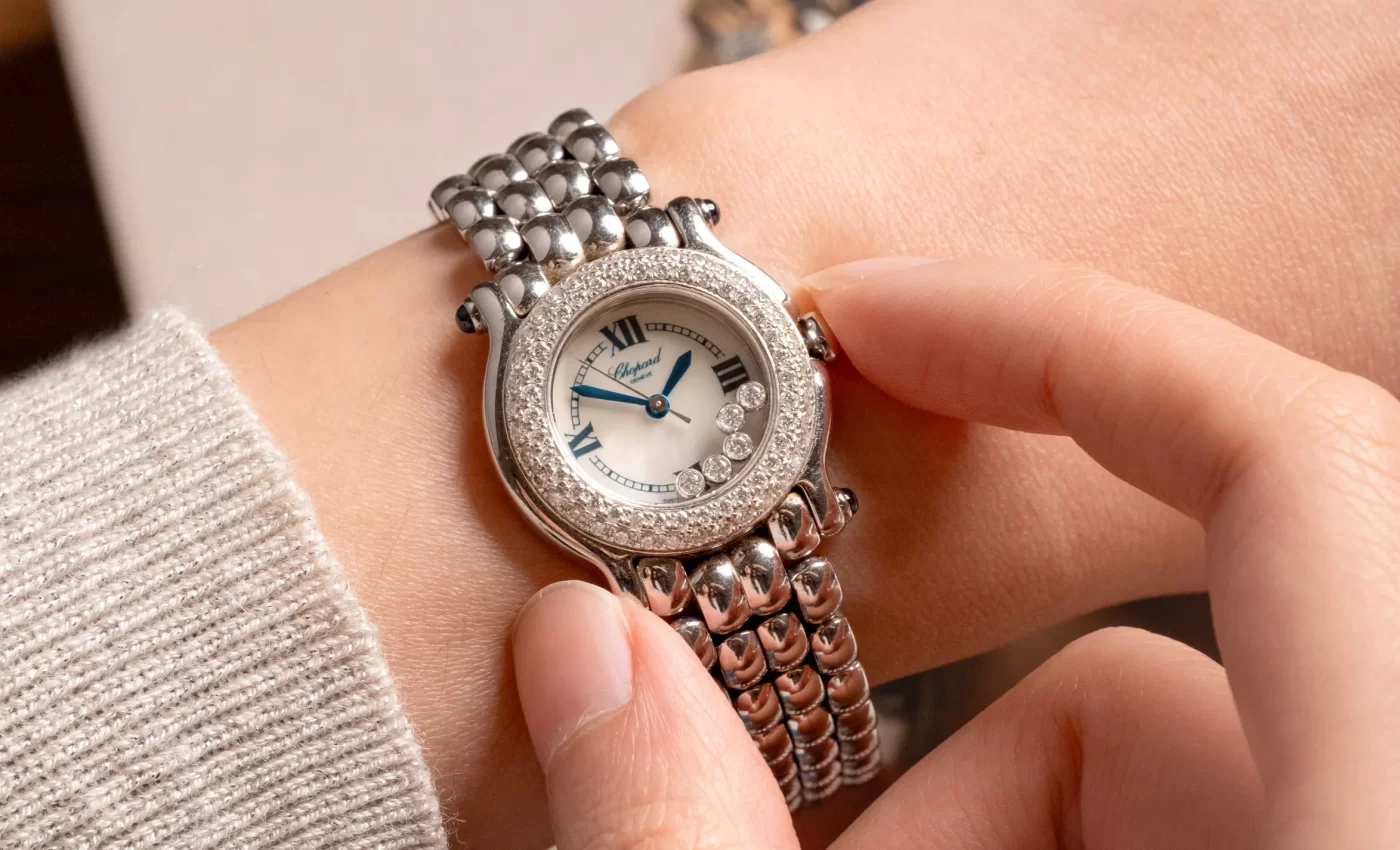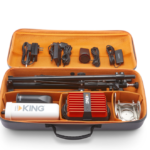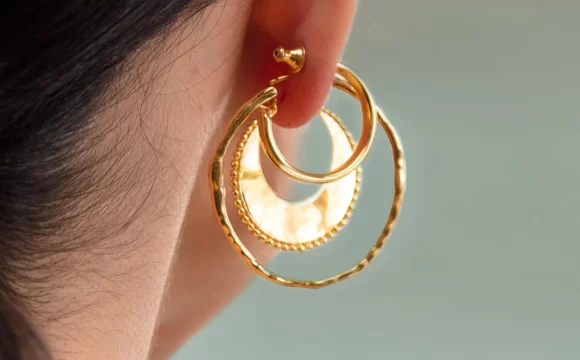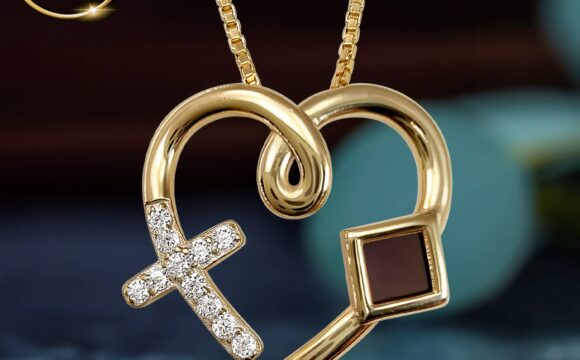When purchasing a luxury timepiece, one often encounters various certifications and standards that guarantee the watch’s quality, precision, and durability. These certifications serve as markers of excellence, providing potential buyers with confidence in their investment. Understanding what these certifications mean can help consumers make informed decisions and appreciate the craftsmanship behind their watches.
The Importance of Watch Certifications
Watch certifications are not merely marketing tools; they are rigorous quality standards established by independent organizations or watchmaking institutions. These certifications test a watch for accuracy, water resistance, durability, and other performance criteria. For buyers, certifications ensure that the timepiece they purchase meets internationally recognized benchmarks for quality and reliability.
Key Watch Certifications Explained
1. COSC Certification (Contrôle Officiel Suisse des Chronomètres)
The COSC certification is one of the most recognized standards in the watch industry. Issued by the Swiss Official Chronometer Testing Institute, this certification is awarded to watches that pass stringent precision tests. A COSC-certified chronometer must maintain accuracy within -4/+6 seconds per day. This certification assures buyers that their timepiece is highly precise and reliable.
2. Poinçon de Genève (Geneva Seal)
The Geneva Seal is a hallmark of exceptional craftsmanship and origin. Watches bearing this seal must meet strict criteria related to the movement’s finishing, decoration, and origin. To qualify, the watch movement must be assembled, adjusted, and inspected in Geneva. The Geneva Seal guarantees not just performance but also the aesthetic quality of the timepiece.
3. METAS Certification (Master Chronometer)
Introduced by the Swiss Federal Institute of Metrology, METAS certification goes beyond COSC requirements. It tests watches for precision, water resistance, magnetic resistance, and power reserve. A METAS-certified watch must maintain accuracy within 0/+5 seconds per day and withstand magnetic fields up to 15,000 gauss. This certification is particularly valuable for professionals working in high-magnetic environments.
4. ISO 6425 (Diver’s Watch Standard)
ISO 6425 is an international standard for diver’s watches. To receive this certification, watches must pass tests for water resistance, shock resistance, and legibility in low-light conditions. A certified diver’s watch ensures safety and reliability for underwater activities, making it essential for professional divers.
5. Fleurier Quality Foundation Certification
The Fleurier Quality Certification is a relatively recent but highly respected standard. It evaluates watches based on precision, aesthetics, and reliability. To earn this certification, a watch must pass the Chronofiable test, which simulates six months of wear in just a few weeks. Additionally, the watch must also be 100% Swiss-made.
How Certifications Influence Buying Decisions
Certifications provide a level of transparency that is crucial when investing in luxury watches. For collectors and enthusiasts, certifications like COSC, METAS, and the Geneva Seal are indicators of superior craftsmanship and long-term reliability. Furthermore, certified watches often retain their value better than uncertified counterparts.
However, certifications should not be the sole deciding factor when purchasing a watch. Buyers should consider factors such as design, brand heritage, and intended use. For instance, a COSC-certified chronometer might be ideal for everyday precision, while an ISO 6425-certified diver’s watch is essential for underwater adventures.
The Role of Certification in Watch Investment
Luxury watches have become popular investment assets, with some models appreciating significantly over time. Certifications can enhance a watch’s investment potential by assuring authenticity and quality. Investors often seek certified watches from reputable brands, knowing that the certification adds a layer of credibility to the timepiece.
Choosing the Right Watch Buyer
Whether you are purchasing or selling a luxury watch, working with reputable buyers is essential. Certified watches command higher prices in the resale market due to their verified quality. G Luxe jewelry buyers, for instance, are known for their expertise in evaluating certified watches and offering competitive market prices. When selling, providing documentation of certifications can significantly increase the watch’s value.
Conclusion
Understanding watch certifications can empower buyers to make informed decisions and appreciate the craftsmanship behind their timepieces. Certifications like COSC, METAS, and the Geneva Seal offer assurance of precision, durability, and authenticity. Whether you’re a seasoned collector or a first-time buyer, these certifications provide valuable insights into a watch’s quality and performance. Always verify the certification details before purchasing and work with trusted professionals to ensure a seamless buying experience.








